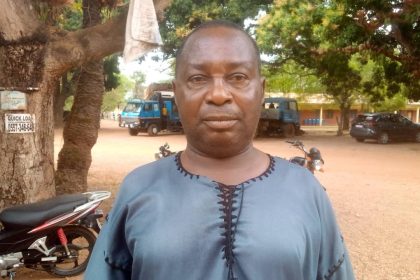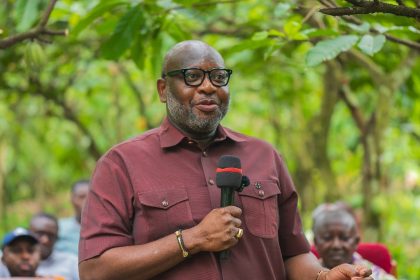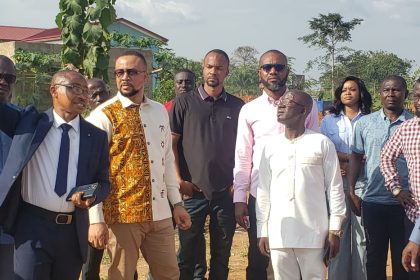Stakeholders in Ghana’s waste management sector have called for expedited work on the Extended Producer Responsibility (EPR) policy framework to ensure an inclusive and incentive-driven system to manage plastic, packaging and textile waste.
The appeal was made during a national workshop on EPR and eco-modulation, organised under the Protego Project by Adelphi, an international organisation, in collaboration with the Environmental Protection Authority (EPA), Plastic Punch, and the Ghana National Cleaner Production Centre (GNCPC).
Participants said the discussions were crucial to shaping Ghana’s next steps in operationalising the EPR policy, which seeks to make producers financially and physically responsible for post-consumer product management, including collection, recycling, and safe disposal.
Mr Larry Kotoe, Deputy Director for Ghana E-Waste Programmes at the EPA, said the EPR legal framework was being developed as a comprehensive legislative instrument to consolidate and expand product-based responsibilities across multiple waste streams.
“EPR is not new to Ghana; we began its implementation under Act 917 and L.I. 2250 in 2016. What we are doing now is extending the product streams to include packaging, plastics, glass, metals, textiles, and electronics under a single framework,” he explained.
Mr Kotoe said the Authority had completed a zero draft of the framework following a World Bank-supported landscape study on plastics and was currently reviewing a first draft for broader stakeholder input.
“We expect to engage stakeholders again in the coming weeks and target completion of the legal process by the first half of 2026,” he noted.
Mr Kotoe said that the consolidated law would align Ghana with global best practices, including those of the European Union, and apply consistent principles of circularity and producer accountability.
Mr Moker Zurker, Senior Manager and Co-Lead for Green Entrepreneurship at Adelphi, said clear guidelines on eco-modulation were essential for producers, recyclers, and policymakers to operationalise the EPR framework effectively.
“Our project provides technical assistance to EPA to ensure these guidelines and tools are well understood and implemented,” he stated.
Mr Zurker explained that the framework would define who qualifies as a producer, adding, “If importers are included, they will share responsibility for managing end-of-life textiles, either directly or through accredited recyclers.”
He said the EPR system would introduce a financial mechanism through producer fees to support recycling infrastructure and private-sector participation.
“Once the law is passed and financing mechanisms are in place, investors will have the confidence to establish recycling facilities. Government’s role will be to provide the enabling environment,” he added.
A participant, who wished to remain anonymous, described the dialogue as timely but urged authorities to “move faster” in finalising the policy.
“My expectation was that we would focus more on Ghana’s model and key performance indicators that feed into the EPR fee structure. By now, EPA and its partners should have a strong proposal ready for consideration,” the participant said.
“We must also pay attention to incentives. Companies that have already demonstrated leadership in waste management should be encouraged through tax or policy incentives,” he added.
GNA






